|
Over the 17th – 18th of May 2019 under the theme, “Transforming Agriculture in the Wake of Climate Change”, CCB attended festivities in honour of Kang Farmers’ Field Day. The annual event is aimed at improving performance of the agricultural sector in the Kgalagadi district. The event aims to promote participatory research, promote technologies aimed at mitigating climate change, encourage gender responsiveness and youth involvement in agriculture, as well as minimize the effects of human-wildlife conflict. The first day was dedicated to a workshop featuring a selection of presentations by speakers on the effects of climate change while offering solutions to the challenges it poses to the agricultural industry. With projections of Africa's human population set to rise by 1 billion by 2050, Africa is going to be hard hit by the inevitable rise in hunger. Batswana were therefore encouraged to be more forward thinking as farmers by researching, and utilizing, effective technologies which will yield better results. Furthermore, to work together to ensure that they create opportunities where they all thrive and feed the country. The government of Botswana recently declared 2018/2019 a year of drought. The country at large received below normal rainfalls, more heat waves and dry spells, which resulted in lower yields and diminished livestock conditions. Challenges in farming are bound to accumulate, therefore it is upon farming communities to practise good management and find smart solutions to mitigate the impending negative scenarios. The second day featured some addresses by dignitaries and closed with participants touring exhibitors’ stalls to learn more about their products and services in the agricultural sector. Thank you to the committee of Kang Farmers’ Association for inviting us to experience and learn from the farmers of the Kgalagadi district. We look forward to participating in more events in the area.
0 Comments
The demonstration farm at the CCB camp in Ghanzi serves as a venue for research and testing of new livestock farming methods. The farm is also the grounds where benchmarking sessions for intensive, practical knowledge-sharing on working with livestock guarding dogs (LGDs), including their training and care, takes place. In March 2019, the farm received a group of 11 10-week-old Tswana puppies to be trained as LGDs. We are excited to report that the puppies are doing quite well, growing quickly and bonding with our goat herd. After approximately eight weeks of training, the puppies will be placed with farmers experiencing conflict with cheetahs in the Ghanzi area. The puppies will be monitored closely after placement to check their effectiveness with regards to protecting their goat herds and proper guidance. Additionally, the recipient farmers will be offered an advisory service to ensure the continued performance of the dogs. Testimonies from numerous farmers thus far have been that the dogs work well; and, as long as they are cared for and monitored, they deliver the desired results and reduce livestock loss due to predation. Cheetahs are close to extinction. We hope that by utilising this simple technique, alongside other elaborate ones, farmers will have relief from their ongoing conflict with carnivores moving forward.
Drought is one of the main challenges faced by farmers in Botswana. Farmers in Ghanzi find themselves particularly hard hit by the natural phenomenon. CCB, through our Farming for Conservation (FFC) Department, invited the Department of Agricultural Research (DAR) from Gaborone for a one-day workshop on the 7th of May at CCB's Ghanzi camp. The workshop was attended by 40 farmers from Ghanzi and the surrounding areas, and other key stakeholders such as the Departments of Forestry and Range Resources (DFRR), Wildlife and National Parks, and Agri-Business. The primary objectives of the workshop were to brief farmers on supplementary feeding and its function, as a response mechanism during extreme drought periods, and to educate farmers on how to make urea molasses blocks by mixing various stock feeds/ingredients.
In addition to his presentation on nutrient requirements of livestock, Mr Emmanuel Molemogi from DAR demonstrated the making of urea molasses feeding blocks for the participants. The mixture contained liquid molasses, urea, wheat bran, dicalcium phosphate, clay/cement, water and salt. DFFR also shared best practises for management and evaluation of rangeland management resources for sustainable livestock production without resource degradation. Common rangeland management issues include overstocking - which leads to overgrazing, deforestation, and extreme climatic conditions which contribute to drought and overgrazing. Paddocking, rotational grazing, keeping good numbers of livestock and supplementary feeding were recommended to farmers as means to manage these issues. Following the demonstrations, the farmers were encouraged to apply their new skills for the benefit of their livestock during periods of drought. They were further encouraged to make blocks for sale to other farmers as a source of income to improve their livelihoods. We appreciate the Department of Agricultural Research providing the opportunity to equip our farmers with the right tools to move forward with their farming practices. As a conservation organisation conducting most of its work in the field, it is essential that we are equipped with the necessary tools and knowledge to care for ourselves and the environment. A notable increase in wildlife poisoning has been observed over recent years with many animals across Southern Africa dying due to poisoning by poachers and famers. With this in mind, and at the invitation from Raptors Botswana, CCB officers - Christopher Mbisana and King Modise - attended a wildlife poisoning training on the 23rd – 25th of April at Mokolodi Nature Reserve. The three primary objectives of the training were to enable participants to: identify a wildlife poisoning scene, investigate a wildlife poisoning scene, and draft a poison response plan for each region of the country. Training facilitator, Andre Botha, of the Endangered Wildlife Trust ensured that the objectives of the week were met through his detailed presentations and demonstrations. The participants were predominantly officers from the Department of Wildlife and National Parks, together with officers from NGOs such as CCB, Mokolodi Nature Reserve, Raptors Botswana, Kalahari Research & Conservation, and Birdlife Botswana. The establishment of a WhatsApp group for the participants now provides an additional platform to share information on wildlife poisoning, and for them to continue to assist each other when available during poisoning incidents. CCB would like to express our most sincere gratitude to Raptors Botswana for inviting us to benefit from this training. We hope that this will enable us to deal with poisoning incidents in a more proactive manner, while confident that help is just a message away.
|
SearchArchives
May 2024
Categories |


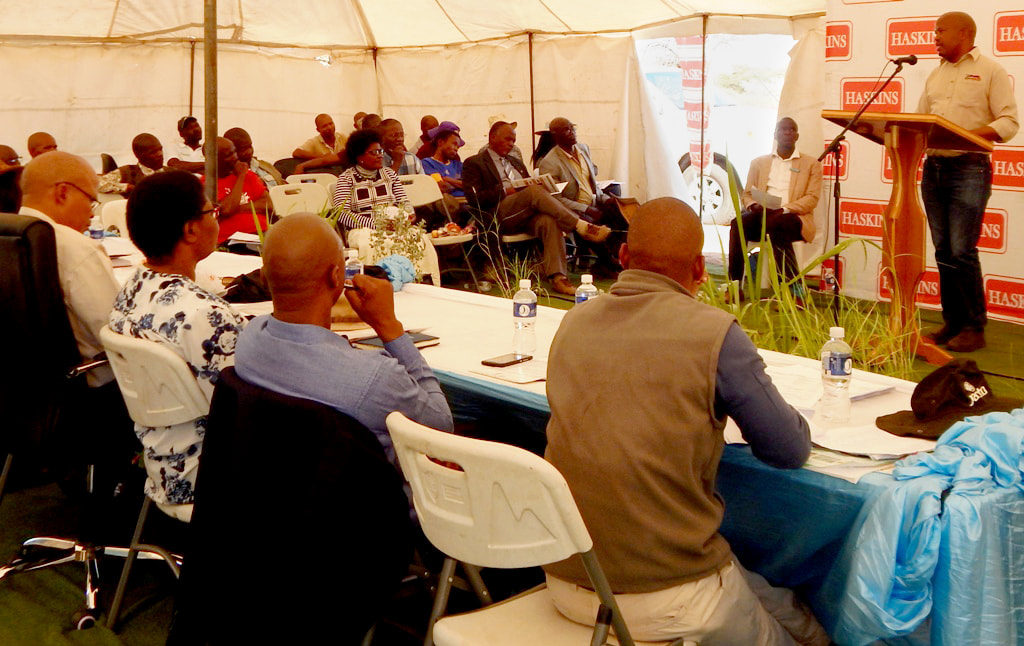
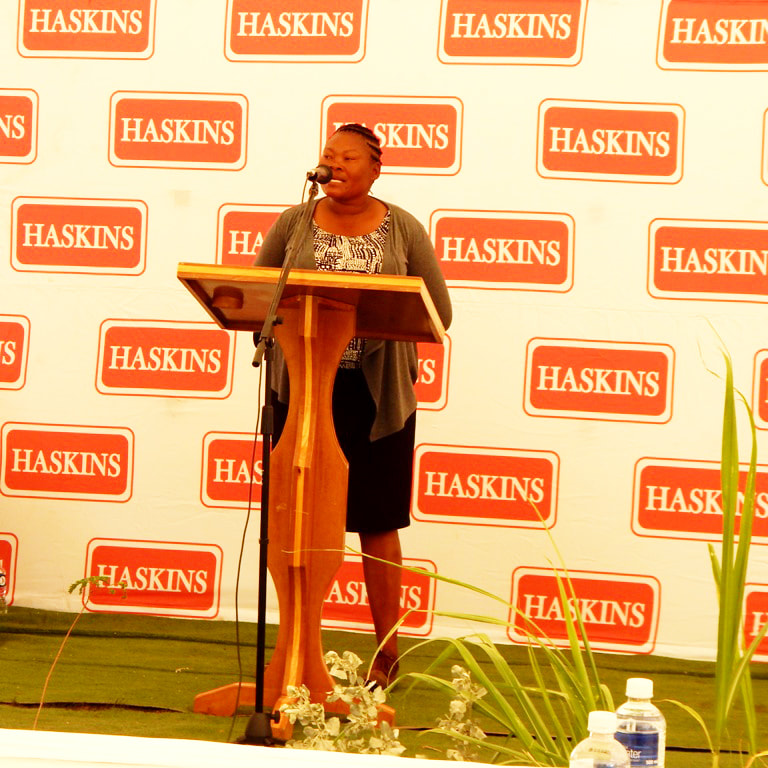
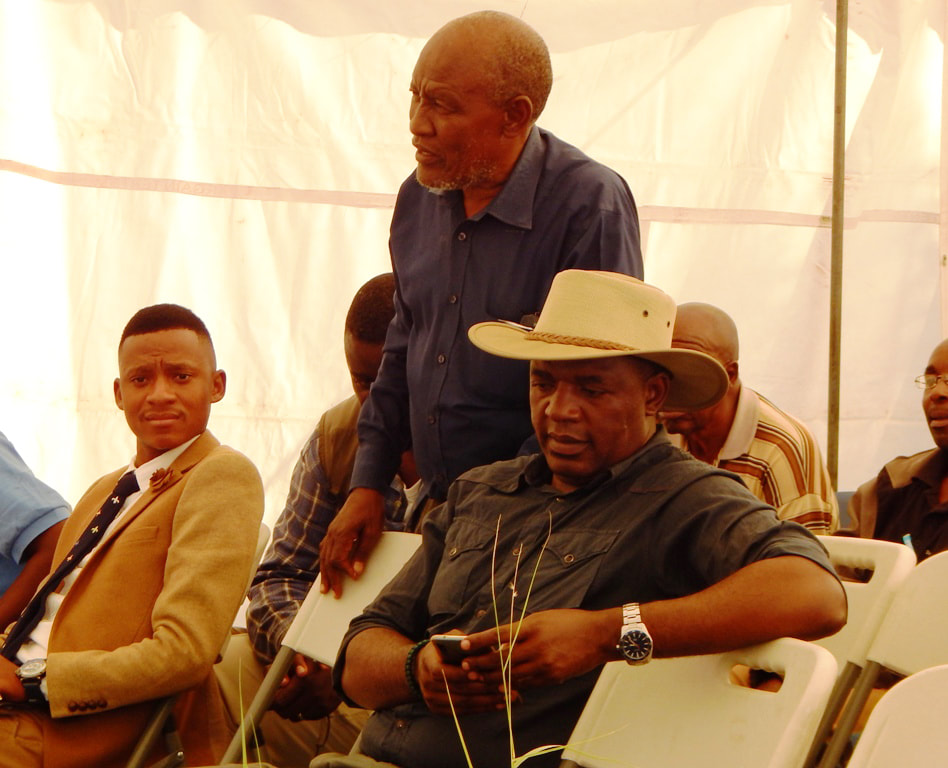
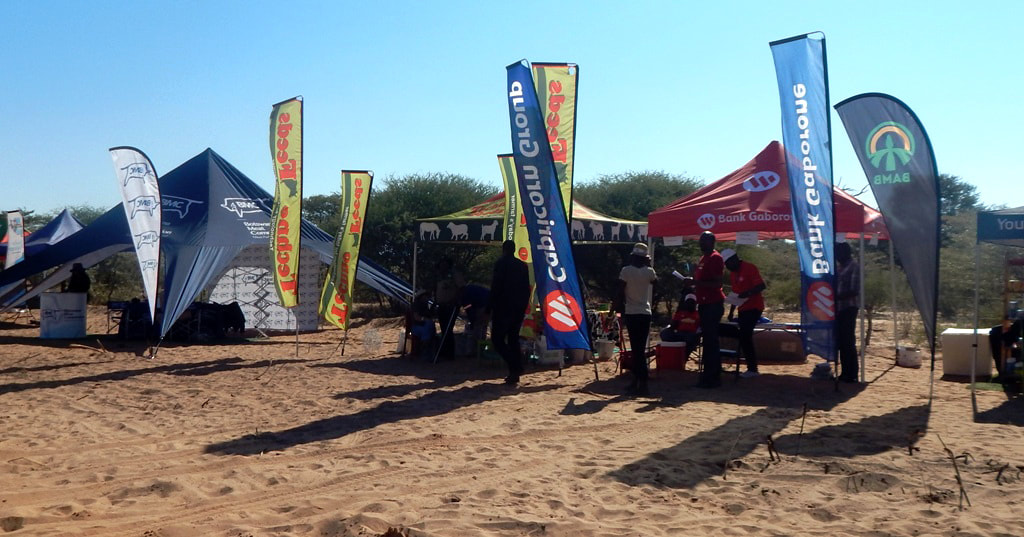
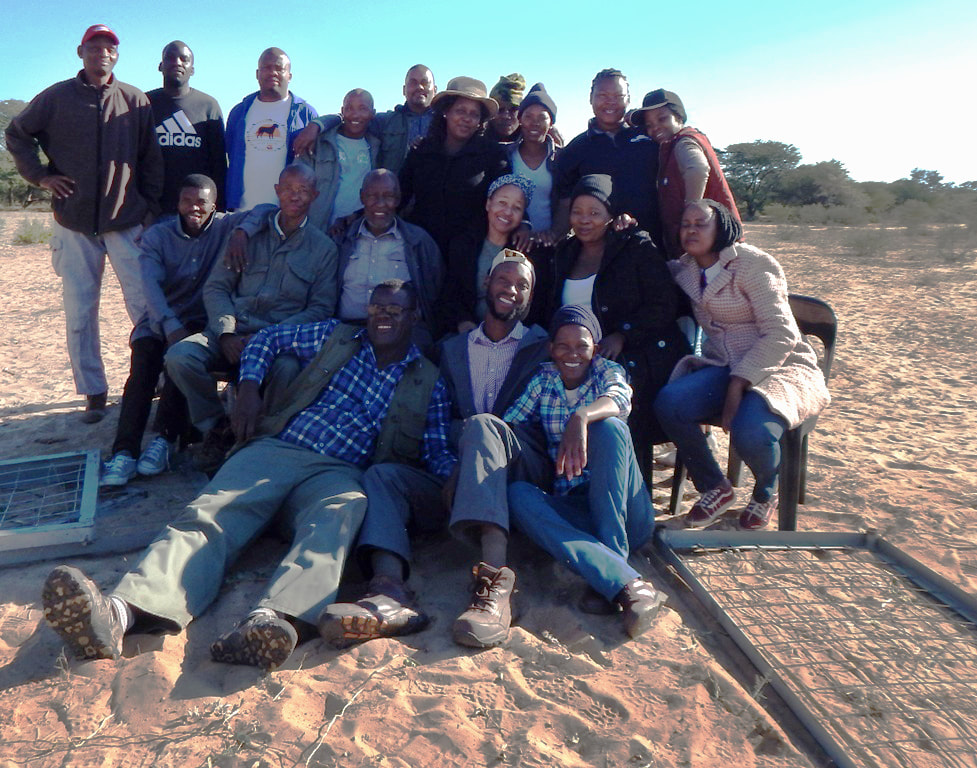
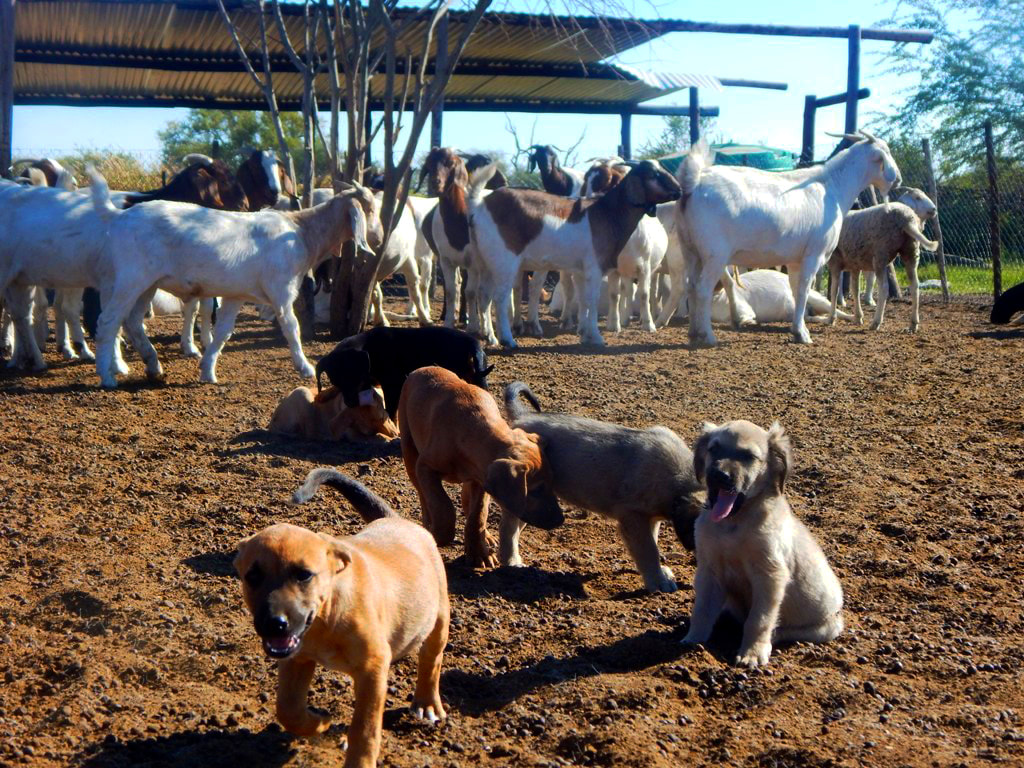
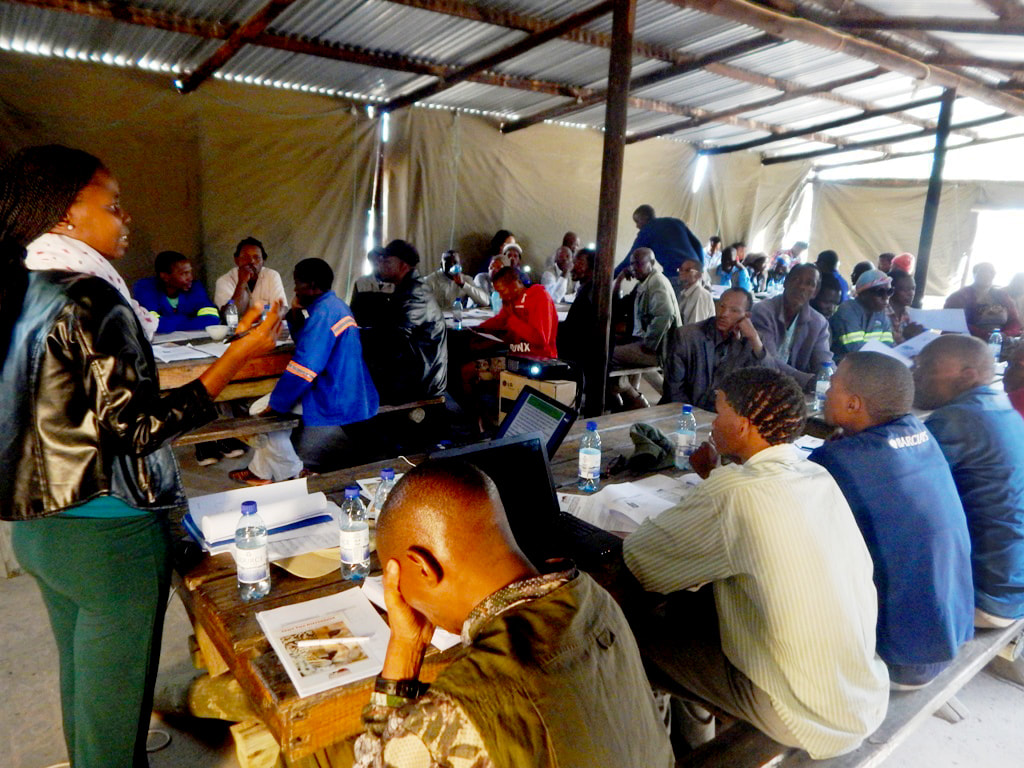
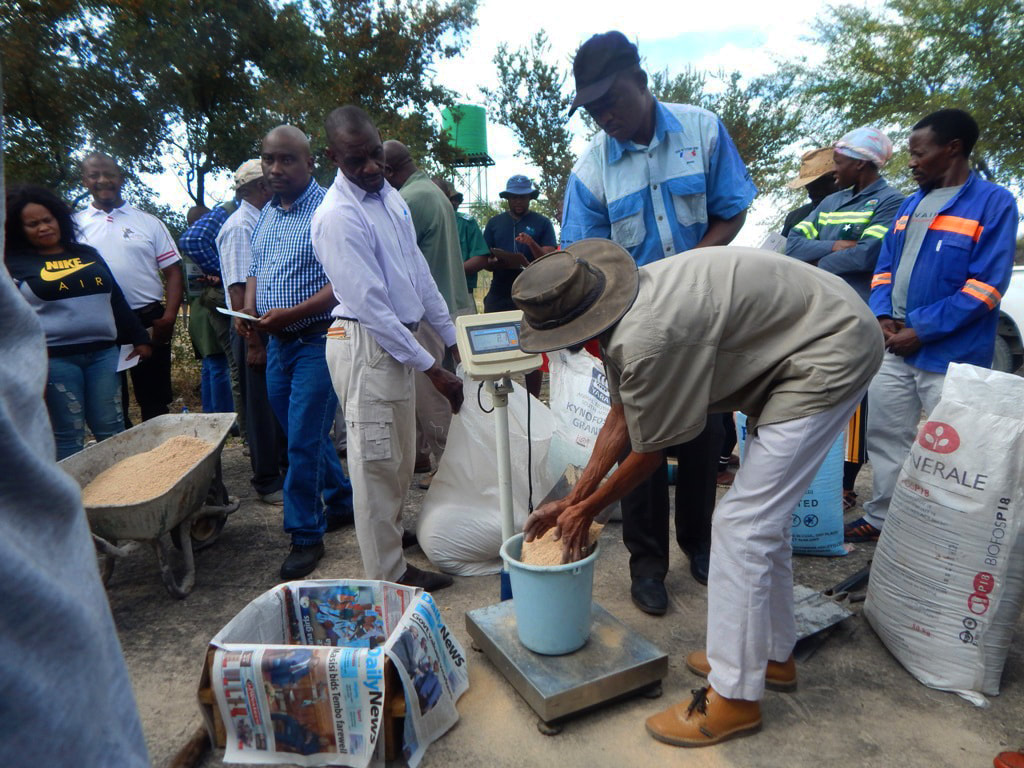
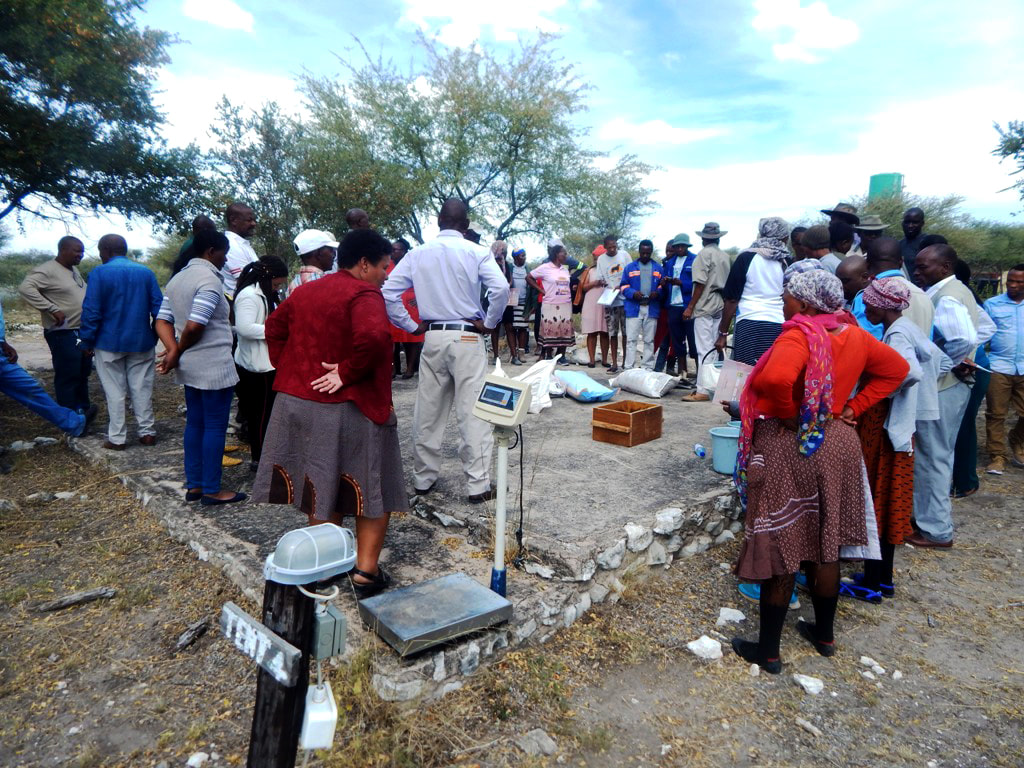
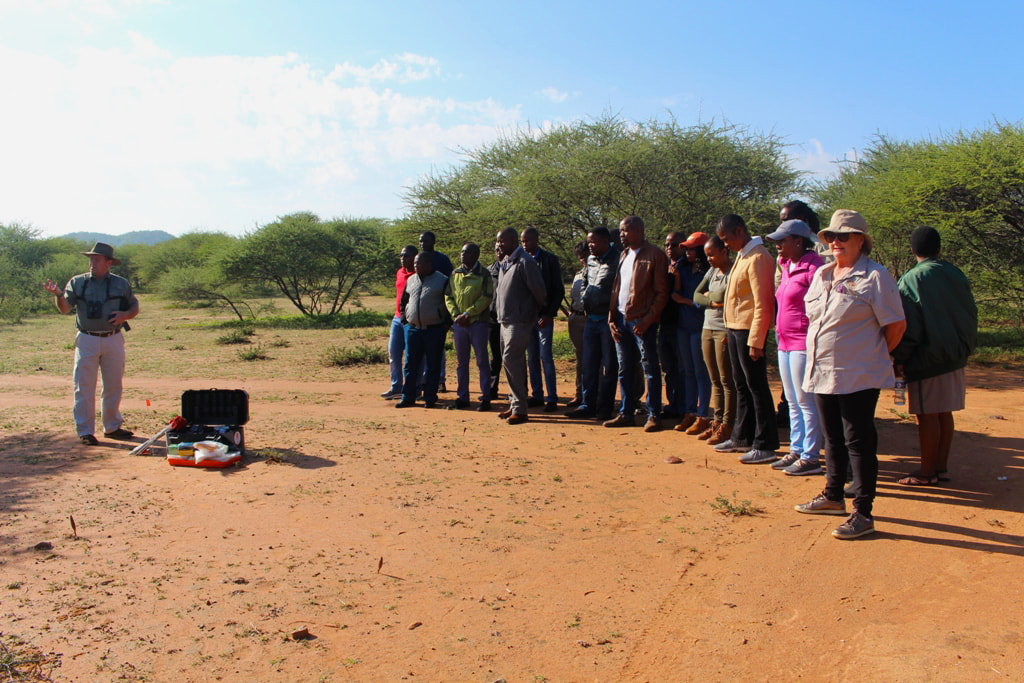
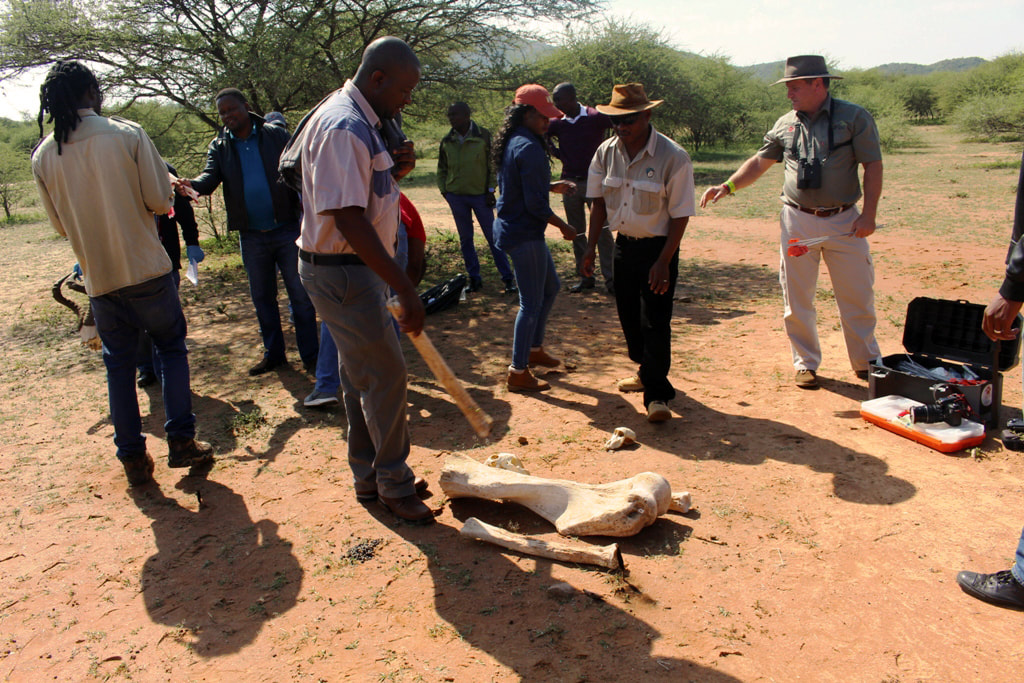
 RSS Feed
RSS Feed
